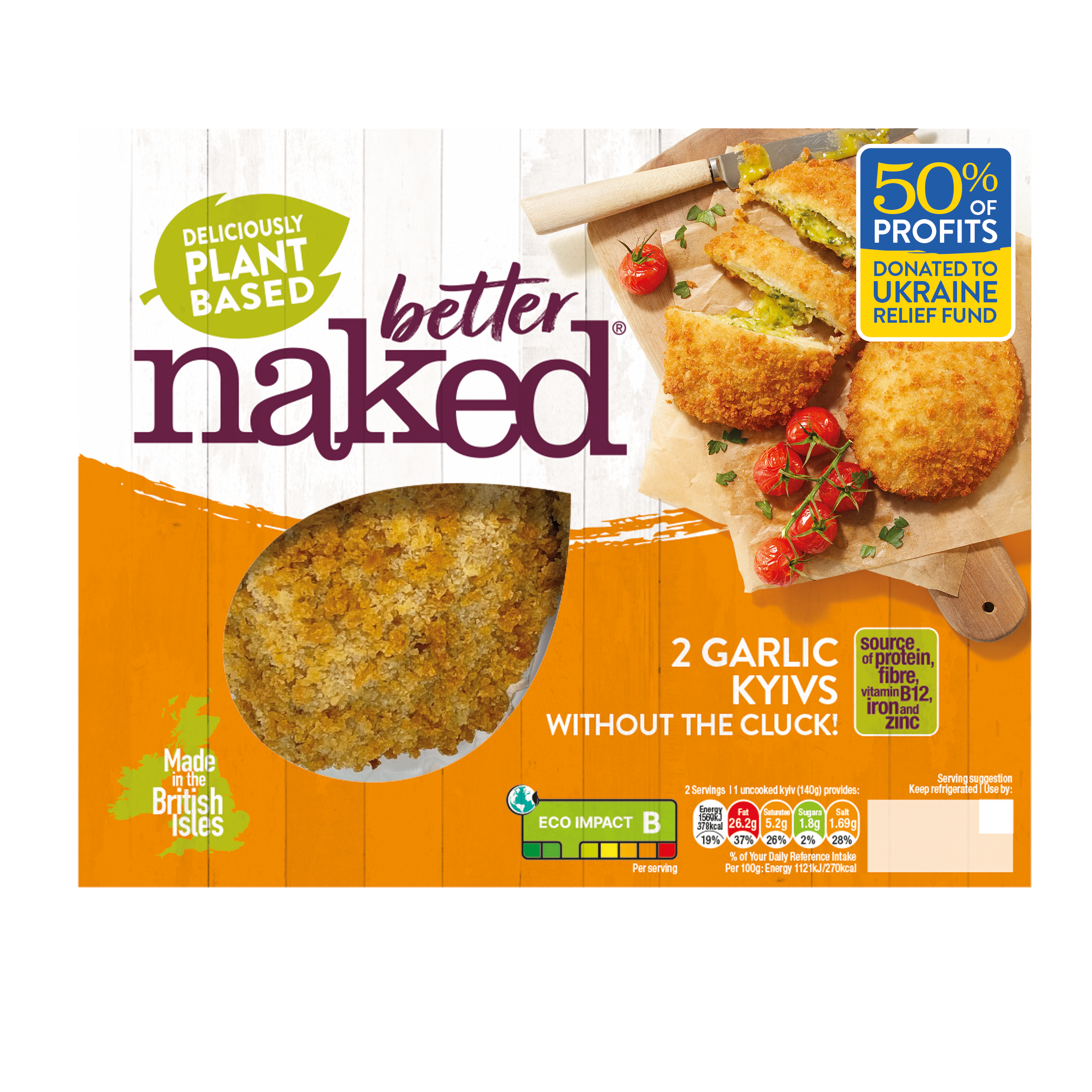
It has been a sandwich filler that has satisfied families for generations – but Wiltshire Ham as many know it could be on the way out.
A new study suggests the traditional meat curing process should be changed after it was found to contain seven times as many cancer-causing nitrites than ordinary bacon and ham.
Food scientists based at the University of Nottingham discovered huge swings in levels of the controversial chemical across popular UK supermarkets’ brands. The experts said the increased health risks are created by ‘nitrite baths’ that are used to produce the cured products – a method dating back to the First World War.

And their investigation found top supermarkets Co-op and Waitrose Wiltshire slices had the highest nitrite concentration out of 14 different bacon and hams tested.
Leading NHS cardiologist Dr Aseem Malhotra today said the results questioned whether the traditional Wiltshire-cure practice should continue to be allowed. He told MailOnline: ‘Given the overwhelming scientific evidence that has linked nitrite-cured processed meats to colorectal cancer, it is high time we phased out the use of these chemicals in our bacon and ham production.
‘It is astounding that Wiltshire-cure producers are still allowed to add nitrites at such high levels, despite a growing consensus that when nitrite-cured meat is cooked and ingested, highly carcinogenic nitrosamines form in the human stomach.
‘Not only should the Government take immediate steps to reduce the levels at which nitrites can be added to meat, they should put in motion measures to encourage the total elimination of nitrites from processed meat production altogether.
‘Food producers around the world have demonstrated these chemicals are no longer required to make the delicious bacon and ham so many millions love. Five years on from the World Health Organisation’s landmark report linking nitrite-cured processed meats to 34,000 cases of colorectal cancer a year worldwide, the failure of governments globally to respond demonstrates a total breakdown in policy-making that will be costing lives.’
The research showed Co-op and Waitrose Wiltshire slices had nitrite levels found to be 77 milligrams per kilogram and 74 milligrams per kilogram respectively. Co-op’s ordinary wafer thin cooked ham contained just eight milligrams of nitrite per kilogram. Sainsburys unsmoked back bacon rashers had just 8.5 milligrams per kilogram.
Food regulations allow the chemicals to be added and there are no rules banning them being put in to the levels found in any of the foods in the study. But the World Health Organisation has already made a direct link between nitrites in processed meats and the development of colorectal cancer.
Researchers from Queen’s University Belfast have also established a ‘strongest link yet’ between nitrates in processed meat products and cancer risk. Nitrates on their own are generally safe, but it is when they are turned into nitrites that they become more dangerous.
The Wiltshire-cure has pork injected with nitrites, before soaking it in a bath of brine and nitrates.
It is this process of adding it to the brine that causes the chemical reaction turns them into the nitrites.
Ruth Dolby, the food scientist who led the investigation, said: ‘We recognise from the World Health Organisation that there is a direct link between nitrites in processed meats and the development of colorectal cancer. It is therefore vital consumers know the level of nitrites in different bacon and ham products.
‘It has already been established that nitrite-cured bacon and ham pose a direct risk to health if eaten in high regularity. Our study is significant because it demonstrates the often much higher levels of nitrites contained in Wiltshire-cured varieties.’
These new laboratory tests reveal the nitrite-levels in the meat at the time of purchase.
The researchers say there will have been significant depletion of nitrite-levels in the days following the products’ original production to the day they were tested, which would suggest the chemicals are being added to the meat could be even higher levels than these results initially indicate.
While nitrites are allowed to be added to ordinary bacon and ham at up to 150 mg per kilogram, special legal dispensation for the century-old Wiltshire method means producers of these products can add 250 mg of nitrates per kilogram to Wiltshire ham, which convert to nitrites in the production process.
The Co-op was contacted individually for comment, but responded with a statement from trade association the British Retail Consortium.
Elizabeth Andoh-Kesson, Food Policy Adviser at the BRC, said: ‘Food safety is paramount to our members and they implement strict policies with their suppliers to ensure all products comply with UK food legislation.
‘Additives such as nitrites are controlled and their use is regularly monitored by the food safety authorities.
‘A comprehensive survey by the authorities in 2017 concluded levels in food were safe for all age groups and there was no need to change them.’
A Waitrose & Partners spokesperson added: ‘Due to the traditional process used to cure Wiltshire ham the nitrite levels will vary, however these results are well within the authorised levels.
‘Overall we’ve been working hard to reduce nitrites across our ranges, already reducing it in our bacon and gammon.’
To read the full article, click here.

The ‘absolutely gorgeous’ Naked Bacon on TalkRadio

Better Naked renames its Garlic Kyiv and pledges 50% of product’s profits to Ukraine

First cancer, now eating bacon ‘increases your risk of manic episodes’